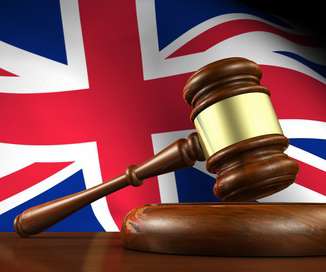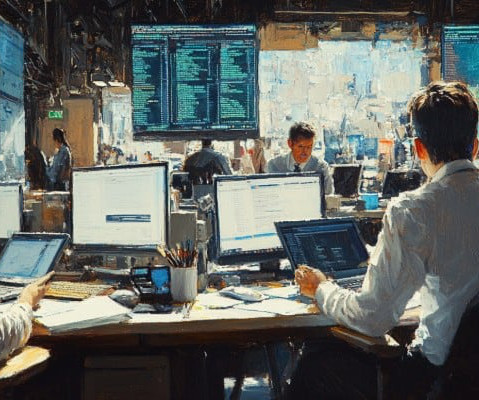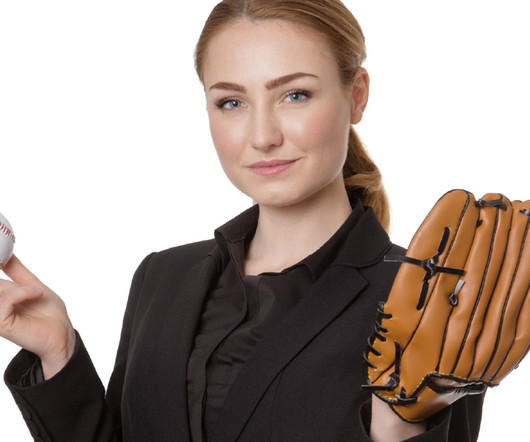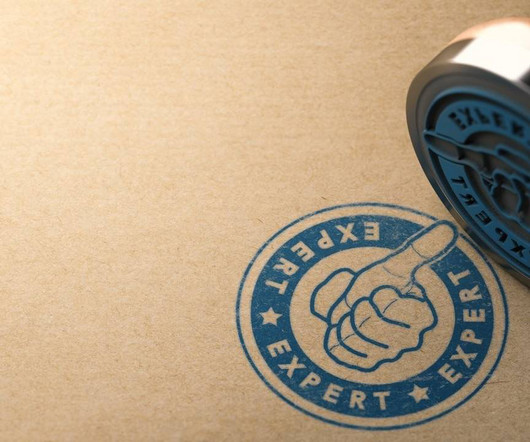English FRAND Developments to Watch Out for in 2022
IP Watchdog
FEBRUARY 3, 2022
For a long time, the courts in England have been a forum of choice for the resolution of disputes between international parties, with the promise of an experienced judiciary and a cost-efficient approach to discovery and expert testimony.














Let's personalize your content